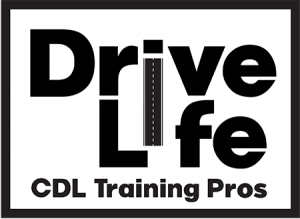ELDT Regulations
Entry-Level Driver Training (ELDT)
About the ELDT Regulations
FMCSA’s Entry Level Driver Training (ELDT) regulations set the baseline for training requirements for entry-level drivers. This applies to those seeking to:
- Obtain a Class A or Class B CDL for the first time;
- Upgrade an existing Class B CDL to a Class A CDL; or
- Obtain a school bus (S), passenger (P), or hazardous materials (H) endorsement for the first time.
The ELDT regulations are not retroactive; individuals who were issued a CDL or an S, P, or H endorsement prior to February 7, 2022 are not required to complete training for the respective CDL or endorsement.
If an applicant who obtained a CLP prior to February 7, 2022, and obtains a CDL before the CLP or renewed CLP expires, the applicant is not subject to the ELDT requirements.
Any individual who meets one of the exceptions for taking a skills test in 49 CFR Part 383 is also exempt from the ELDT requirements.
About the Training Provider Registry
The FMCSA Training Provider Registry retains a record of which CDL applicants have completed the new training and certification process outlined in the Entry-Level Driver Training (ELDT) regulations.
For more information about the ELDT regulations and the Training Provider registry, visit https://tpr.fmcsa.dot.gov.
The ELDT regulations and the Training Provider Registry were mandated under the Moving Ahead for Progress in the 21st Century Act (MAP-21). The ELDT final rule was based, in part, on consensus recommendations from the Agency’s Entry-Level Driver Training Advisory Committee (ELDTAC), a negotiated rulemaking committee that held a series of meetings in 2015.
FMCSA’s Training Provider Registry improves highway safety by ensuring that entry-level drivers of commercial motor vehicles (CMVs) complete training as required by the new Entry-Level Driver Training (ELDT) regulations before testing for certain commercial driver’s licenses (CDLs) and CDL endorsements. Start a search to find a registered training provider.


